1. The National Anthem
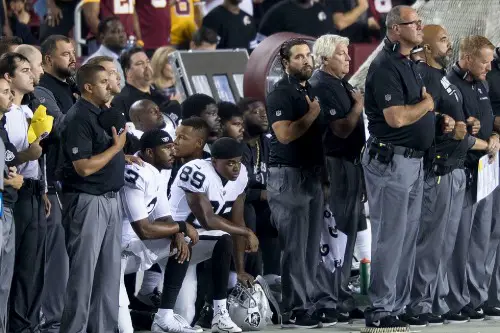
Once a shared moment of reverence, “The Star-Spangled Banner” used to unite crowds at games and public events. Standing with hands over hearts felt like a ritual that cut across political lines. But in recent years, kneeling during the anthem has turned this moment into a flashpoint for heated national debate. What started as a protest against police brutality by Colin Kaepernick in 2016 sparked intense backlash, support, and long-lasting cultural division.
Arguments now rage over whether the anthem is about blind patriotism or a right to dissent. Sports events become platforms for ideological standoffs instead of just entertainment. Social media lights up every time a new athlete takes a knee—or refuses to. Something that once felt unifying now splits viewers right down the middle.
2. The American Flag

Old Glory was once the one symbol everyone agreed on—hanging on porches, waving at parades, flying high on the Fourth of July. It stood for freedom, unity, and sacrifice, especially in the wake of national tragedies like 9/11. But in the 2020s, the flag has taken on dramatically different meanings depending on who’s displaying it—and how. For some, it’s a proud symbol of country; for others, it’s become associated with nationalism or political extremism.
It doesn’t help that variations like the “Thin Blue Line” flag or upside-down flags have become politicized statements. People argue whether flag-burning is a right or a disgrace. Even flying the flag year-round can now be seen as a political signal rather than a patriotic act. It’s become a canvas onto which Americans project their hopes—or grievances.
3. The Super Bowl
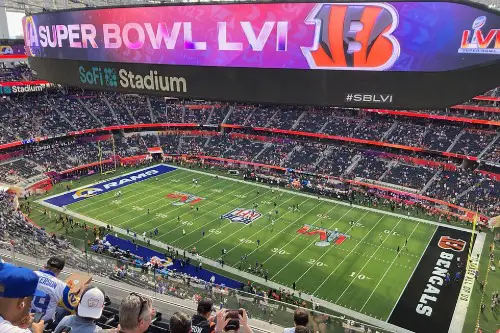
Once considered America’s most unifying unofficial holiday, the Super Bowl brought people together for snacks, ads, and halftime shows—even if they didn’t care about football. Families gathered, bars overflowed, and even non-sports fans tuned in just for the commercials. But now, Super Bowl Sundays often spiral into culture war skirmishes. Is the halftime show too sexual? Is it too political? Is it not political enough?
When Rihanna performed pregnant, some called it iconic; others called it inappropriate. Eminem kneeling in solidarity with Black Lives Matter in 2022 got headlines for days. Even the commercials spark drama—just ask anyone who’s seen a beer ad go viral for all the wrong reasons. What used to be harmless fun now sometimes feels like a three-hour ideological minefield.
4. Public Schools
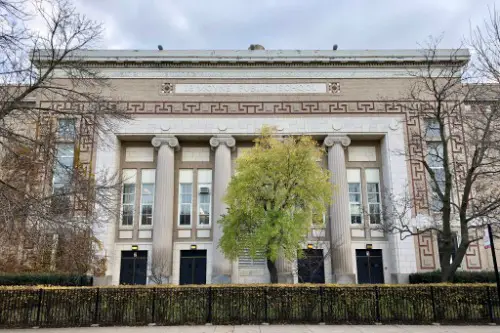
For decades, public schools were viewed as cornerstones of American democracy and opportunity. They were where kids of all backgrounds came together to learn and build futures. But now, battles over book bans, history curricula, and even mask mandates have turned school board meetings into shouting matches. Arguments over what children should learn—or be shielded from—have become deeply personal and political.
The debate over teaching critical race theory, for example, has exploded in states across the country—even when it’s not actually being taught. Parents and educators clash over what “freedom” in education should really mean. Some see reform efforts as overdue; others see them as ideological overreach. The classroom, once a place of shared investment, has become a hotbed of distrust.
5. NASA and Space Exploration

Back in the 1960s, Americans huddled around TVs to watch the moon landing with a sense of awe and pride. Space was the final frontier, and NASA was a symbol of American ingenuity. But today, debates over space funding, billionaire rockets, and even flat-Earth conspiracies have made space a surprisingly divisive topic. It’s no longer just science—it’s politics, economics, and identity.
Elon Musk’s SpaceX ventures split opinion—some see them as visionary, others as egotistical escapism. NASA itself has come under fire for perceived waste or lack of direction. People argue whether we should fix Earth before colonizing Mars. What once made people dream big now prompts them to argue about priorities, privilege, and planetary ethics.
6. The Census
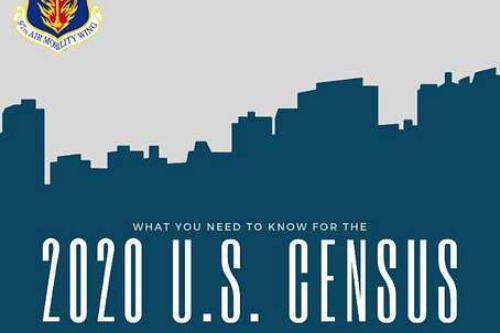
The decennial U.S. Census was once seen as a necessary civic duty, a way to count everyone and make sure democracy worked. It helped allocate funds, draw districts, and understand the nation’s demographics. But in the last few cycles, it’s become a battlefield over race, immigration, and political power. A 2020 proposal to include a citizenship question ignited a legal and cultural firestorm.
Some worried it would suppress immigrant participation and skew representation. Others argued it was essential to ensure accurate data. The census used to be boring and bureaucratic—now it’s a political Rorschach test. Even how people identify their race or gender on the form can become a flashpoint.
7. Thanksgiving
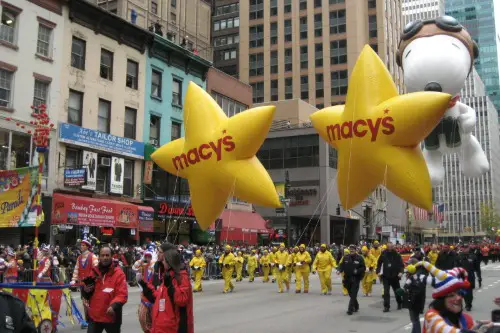
Thanksgiving used to be the one day families could count on food, football, and some awkward small talk. But lately, the holiday itself has become a subject of national reevaluation. Critics have pointed to the historical whitewashing of the Pilgrims and Native Americans narrative. And land acknowledgments, boycotts, and “National Day of Mourning” movements have gained visibility.
Others feel those critiques are attacks on tradition and family time. Social media becomes a minefield of hot takes about colonialism and gratitude. Even within families, what used to be benign dinner conversation can erupt into debates over historical accuracy. The turkey’s still on the table—but so is a culture clash.
8. The U.S. Postal Service

There was a time when “going postal” was a joke, and the only debate about mail was whether you wanted paper bills or not. During holidays and elections, USPS was seen as a quiet, essential force that kept the country running. But during the 2020 election, mail-in voting thrust the Postal Service into the heart of partisan warfare. Accusations of voter fraud, underfunding, and delayed ballots flew from all sides.
Postal delays became political ammo. The appointment of Postmaster General Louis DeJoy, a Trump donor, triggered widespread concern over service sabotage. What was once a symbol of quiet reliability became a symbol of democratic integrity—or interference. Even blue mailboxes suddenly looked like pawns in a larger fight.
9. Ice Cream Trucks

Seriously—remember when you heard the jingle and just ran for a bomb pop? Ice cream trucks used to be synonymous with innocent summer joy, community, and childhood. But now, even they’ve become controversial in some places. Noise complaints, traffic safety concerns, and debates over junk food targeting kids have led to crackdowns and even bans in some cities.
There’s also cultural backlash about ice cream truck songs—like “Turkey in the Straw”—being rooted in racist minstrel shows. Some cities have introduced new music or rules, and even that causes backlash. What was once the highlight of a kid’s summer day is now fodder for town council drama and online debates. Apparently, no jingle is safe anymore.
This post 9 Things That Used to Unite America—and Now Start Internet Brawls was first published on American Charm.


